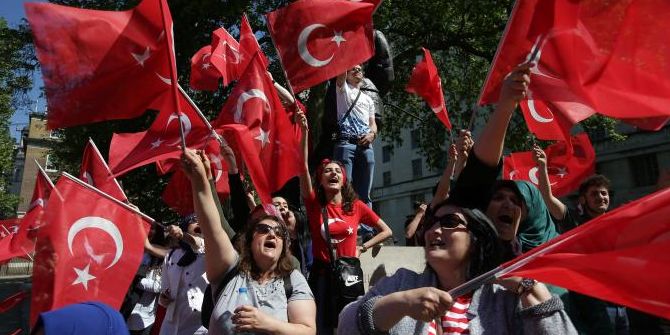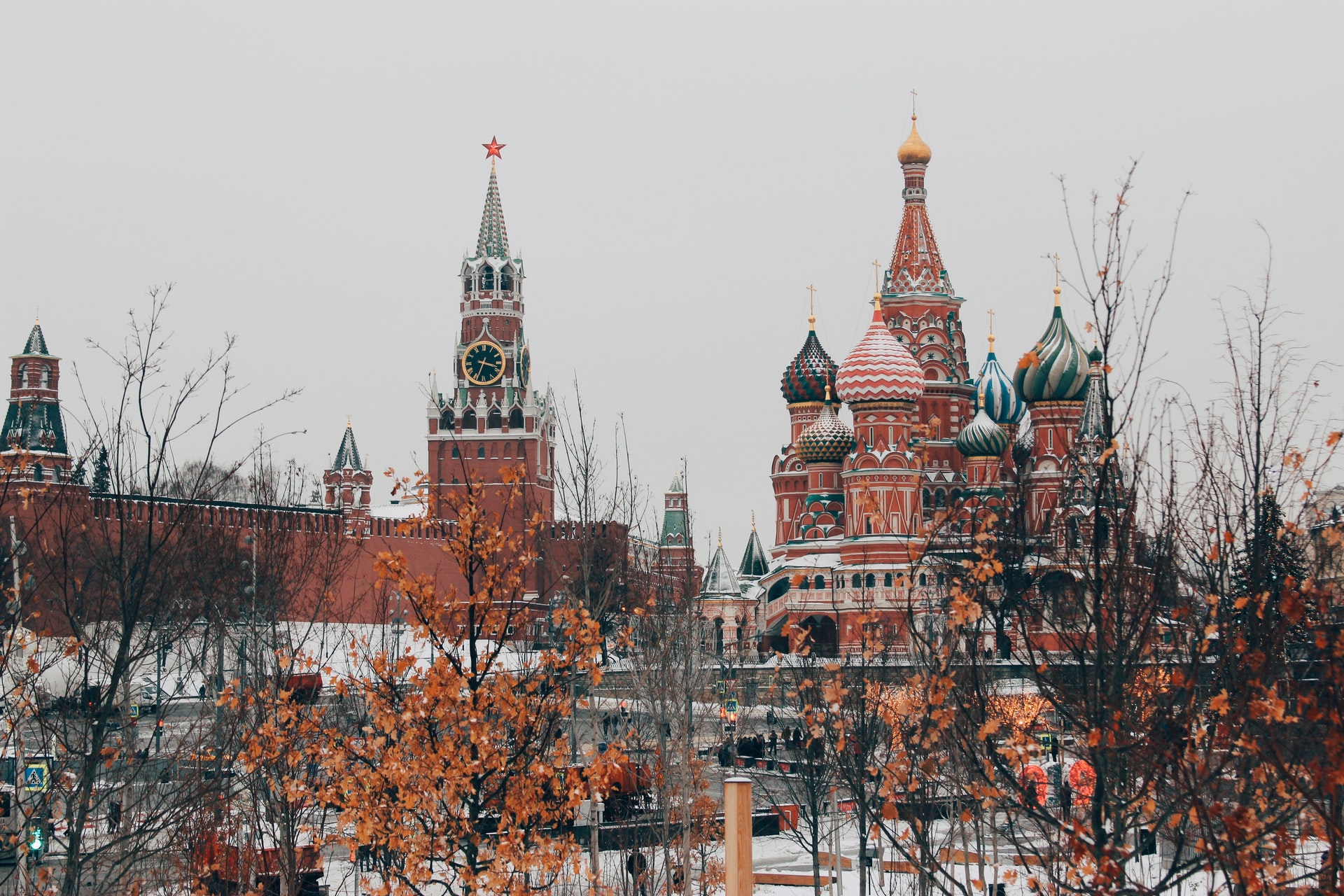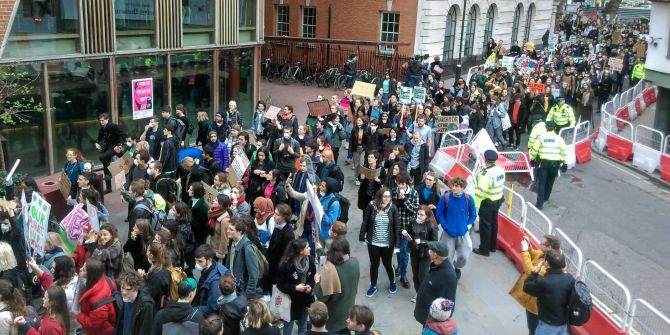The Turkish Directorate of Religious Affairs (Diyanet) is an official state institution tasked with regulating the religious arena at home and abroad. Agah Hazir has researched the UK branch of the organisation, which is less influential than its counterparts elsewhere in Western Europe. He argues that this relative lack of power can be partially explained by both the greater range of Islamic institutions available in the UK and the relatively secular nature of the Turkish community here.

Over the last quarter of the twentieth century the governance of the religious affairs of Muslims in Europe became a major public debate. A significant part of this debate is related to the role played by the home states of these Muslim populations in governing Islam.
As the Turkish diaspora is one of the largest Muslim groups in Europe, the activities of the Turkish Directorate of Religious Affairs (Diyanet Isleri Baskanligi; from here on Diyanet) have come under scrutiny. The potential implications of Diyanet activities for the Turkish diaspora’s integration trajectories, its use as a tool for Turkey’s soft power, and more recently accusations of Diyanet personnel gathering intelligence and spying on behalf of the Turkish state are the most popular topics in this regard.
As one of the oldest official Turkish state institutions, the Diyanet was founded in 1924 to regulate and control the religious arena within Turkey. Starting in the 1970s, it also began providing religious services for Turkish citizens abroad. It has expanded its activities transnationally, first in Western Europe and then to the Balkan Peninsula and ex-Soviet Turkic states in Asia.
After the AK Party came to power in 2002, this transnationalisation further intensified. The AK Party’s aim to play a major role in global Islam, both at the discursive and institutional level, turned the Diyanet into a significant transnational religious institution. As of 2018, the Diyanet was operating in 36 countries with 61 branches.
Since Germany, France, and the Netherlands are the countries where most of the European Turkish population resides, the branches of the Diyanet there have a significant impact on Islam in those countries and are the most widely studied branches. The UK branch of the Diyanet, however, remains a relatively marginal actor in the British Islamic field. This piece, based on my research comparing Turkish and Iranian religious state institutions operating in the UK, focuses on Diyanet activities in the UK and its relative lack of influence in the country.
The UK branch of the Diyanet was founded relatively late, in 2001. As of now, it operates in 17 mosques with 25 personnel. It also runs a girls’ dormitory for students and delivers various religious services across the country. These include Hajj and Umrah services as well as various religious educational activities for Turkish migrants. There are Diyanet-operated or related mosques in various parts of the UK, such as London, Luton, Bristol, Newcastle, and Hull. The Diyanet is also one of the major supporters of the recently-finished £23 million Cambridge Central Mosque, Europe’s first eco-friendly mosque.
The Diyanet is expanding in the UK. The number of its personnel has more than tripled since 2015. However, it is hard to claim that it has managed to become a significant actor in the British Islamic field like its counterparts did in Continental Europe. Part of the reason lies in the relatively small number of Turkish migrants in the UK compared to Continental Europe. There are more than three million Turkish migrants living in Germany. The numbers are more modest in the UK, where 200,000 to 400,000 Turkish migrants live.
Yet even when we take into account the relatively small size of the Turkish diaspora in the UK, the Diyanet still seems weak. There are 1,750 mosques in the UK for a total of 3 million Muslims. For 300,000 Turkish migrants there are just 17 mosques connected to the Diyanet. My field research further shows that most activities of the Diyanet do not receive wide participation, except for Friday prayers. Why is the Diyanet in the UK a relatively marginal actor, whereas its counterparts in Continental Europe are more central actors in the transnational Islamic field? Part of the answer lies in the varied nature of the Turkish diaspora in the UK in contrast to the Turkish diaspora of Continental Europe.
Compared to Turkish migrants in Continental Europe, Turkish migrants in the UK are more secular. Migration flows to the UK from Turkey are, to a large extent, related to political developments in Turkey. This is different from the economy-based Turkish migration to Continental Europe. The first wave of migration from Turkey to the UK started with the Alevi pogroms of 1977 in Maras, and they continued with the 1980 coup. These two waves mostly consisted of leftists and Alevis, who are traditionally more secularist than Sunnis in Turkey.
After the 1990s it was PKK supporters, mostly socialist Kurds, who found refuge in the UK. The last wave of migration started after 2015, after the “authoritarian turn” of the AK Party. This last wave also consisted of secular, middle-class professionals who applied to live in the UK under the Ankara agreement.
To better grasp this difference and its political reflection we can look comparatively at the voting preferences of the Turkish diaspora in the UK and in Continental Europe. In the 2018 general elections, the AK Party, the largest conservative Islamist party, received over half of the diaspora votes in Germany (55.7%), the Netherlands (63%), and France (55%), whereas it took only 18.5% of the diaspora votes in the UK.
Of course, it would not be correct to assume that only AK Party voters are interested in Diyanet activities. Although their numbers are small, there are practising Sunni Muslims among all factions of the Turkish diaspora in the UK. However, the Islamic market in the UK is vibrant and the Diyanet does not have the monopoly there that it has in Turkey, even among Turkish religious institutions in the UK. Various religious groups originating in Turkey, such as Kurdish Islamists, Suleymancis, and Gulenists, have built religious institutions in the UK and compete for this small group of practising members of the Turkish diaspora.
Will the Diyanet in the UK, with its significant financial resources and the full support of the Turkish state, manage to expand its influence in the British Islamic field, or will it remain relatively small?
Note: This piece gives the views of the author, and not the position of the LSE Religion and Global Society blog, nor of the London School of Economics.






But does Diyanet justify its UK status as a Charity? [It is registered as Charity nº. 1086377].
I suggest that the excesses, injustices and profits of the Diyanet Holding parent in Turkey disqualify it from the UK’s definition of a charity. The Charity Commissioners should investigate this, and consider redefining Diyanet UK as “an agency of a foreign power” – and subject to surveillance from the Security Services.